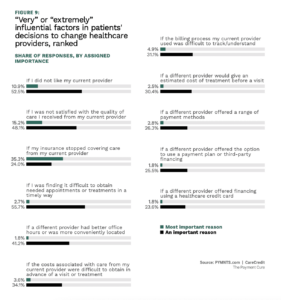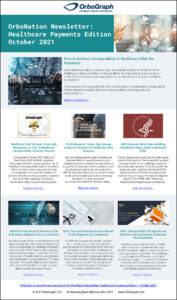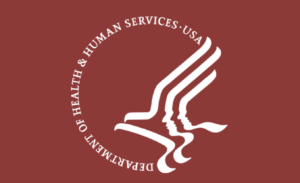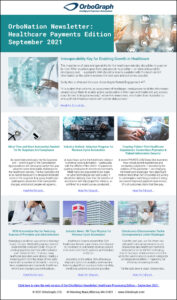Healthcare Payments
We’ve been providing updates on the No Surprise Act (NSA) and Transparency in Coverage rule recently issued by the Biden Administration (NSA transparency rules are already in force for providers, and payer rules are going into effect in 2022) and their potential effects on the healthcare payments industry. While the new legislation will create challenges, Amanda…
Read MoreAnyone who doubts that healthcare expectations have become more and more shaped by mainstream consumer experiences hasn’t been paying attention. PYMNTS.com surveyed 3,546 U.S. adults who have received healthcare services in the last year, and in their report — The Payment Cure: How Improving Billing Experiences Impacts Patient Loyalty — 63% of patients would consider…
Read MoreAnalytics Insight examines the emerging and crucial role of Artificial Intelligence in healthcare revenue cycle. They note that RCM has gotten more challenging due to ever-growing claims and healthcare consumer issues, but the three primary factors are increased patient financial responsibility, convoluted payer contracts, the shift to value-based payments,
Read MoreIn case you missed it, over the past month, we have published incredible content on our OrboNation Blog and Modernizing RCM with AI. Review the latest OrboNation Newsletter online or via PDF download.
Read MoreThe No Surprise Act continues to make waves ahead of its adoption. We’ve reported updates recently related to the challenges ahead for the healthcare industry in complying with the proposed rules, including advanced EOBS. More specifics of the No Surprise Act are now coming into focus. Revcycle Intelligence reports: The NPRM titled “Reporting Requirements Regarding Air Ambulance Services, Agent and Broker Disclosures, and Provider Enforcement” seeks to codify existing penalties in the Public Health Service (PHS) Act for violations of Part E of title XXVII.
Read MoreDaily Host News takes a look at a topic we consider integral to the future of the healthcare industry, and that is INTEROPERABILITY. As important as it was previous to the COVID emergency, interoperability is now absolutely crucial in a pandemic environment. Their definition of INTEROPERABILITY is as follows:
Read MoreAccording to an AKASA-commissioned survey that included 400 chief financial officers and revenue cycle leaders at hospitals and health systems in the United States, with responses collected between May 27 and June 28, 2021, the number of health systems using revenue cycle automation has increased by 12% since last year. RevCycleIntelligence.com reports that the COVID…
Read MoreIn case you missed it, over the past month, we have published incredible content on our OrboNation Blog and Modernizing RCM with AI. Review the latest OrboNation Newsletter online or via PDF download.
Read MoreAs noted here previously, the No Surprises Act — which is part of the Consolidated Appropriations Act introduced earlier this year — presents some formidable challenges to the healthcare industry. The No Surprises Act is so named because it is designed eliminate some of the surprises that group health plan participants encounter from unexpected charges, which most people will agree is certainly a needed solution. However, as reported at HealthcareDive.com, payers and hospitals are asking for more time to get their “ducks in a row” in preparation to meet the new requirements:
Read MoreA recent PYMNTS.COM Deep Dive examines how virtual patient experiences and contactless payments — boosted by the realities of the pandemic — are changing the healthcare landscape. Two significant metrics: More than half of patients are willing to contemplate switching providers if doing so created improved payment experiences 31% of customers claim that they pay their medical bills faster…
Read More








